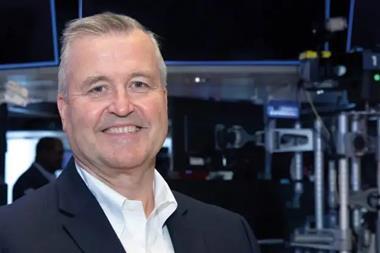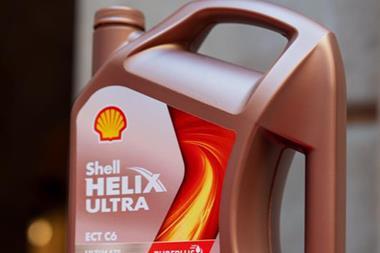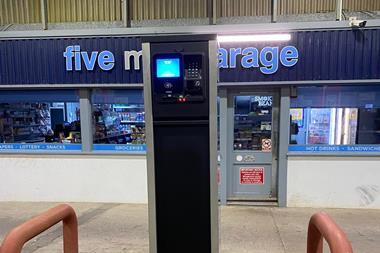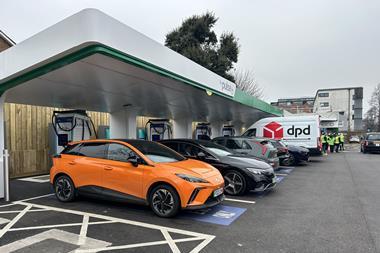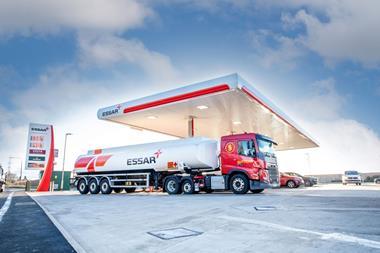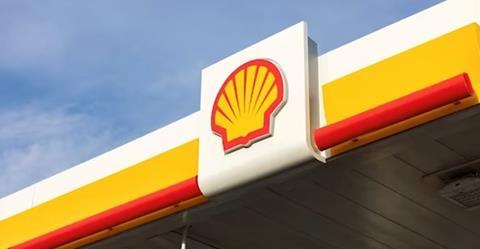
Shell says we will continue to need oil and gas for many years to come – but oil and gas produced with much lower emissions.
The company also says we’ll need cleaner energy such as advanced biofuels, renewable power and hydrogen. And LNG will play a key role in the transition, with Shell describing it as a ‘critical fuel in the energy transition’.
The news comes from the oil giant’s CEO Wael Sawan in the company’s first update to the Energy Transition Strategy it published in 2021.
He said: “Today, fossil fuels meet around 80% of global energy demand, with an even greater reliance in many developing countries. We support a balanced energy transition, one that maintains secure and affordable energy supplies as the world moves to net zero.”
He said Shell has an important role to play in providing the energy the world needs today and in helping to build the low-carbon energy system of the future.
“As we grow sales of low-carbon fuels we expect to reduce sales of oil products such as petrol and diesel. We have set a new ambition to measure our progress, to reduce customer emissions from the use of our oil products by 15-20% by 2030 compared with 2021. Our ambition is in line with the EU’s climate goals for transport, which are among the most progressive in the world.”
Sawan said Shell invested $5.6bn in low-carbon solutions in 2023, which was 23% of the company’s capital spending. “We are spending $10-15bn on low-carbon solutions between 2023 and 2025, making us a significant investor in the energy transition. With our focused approach, we believe our investments will have an important impact, allowing us to develop low-carbon solutions at increasingly affordable prices for our customers.”
“Since we launched our Powering Progress strategy, we have made good progress against our climate targets. By the end of 2023, we had achieved more than 60% of our target to halve emissions from our operations by 2030, compared with 2016. We achieved this by adapting our portfolio, including by repurposing refineries, and making changes to our operations such as powering some oil and gas platforms with renewable energy.”
In downstream. renewables and energy solutions, Sawan said Shell was growing sales of low-carbon products and solutions such as biofuels, EV charging and renewable power, while investing in hydrogen and other ‘fuels of the future’.
The company aims to increase the number of public chargepoints it operates around the world from around 54,000 today to around 200,000 by 2030. It said it is focusing on public charging, rather than home charging, because it believes that’s what will be needed by most of its customers.
“We are building on our customer relationships and expertise to help drive the decarbonisation of passenger cars, heavy-duty trucks, planes and ships. We aim to grow our public charging network for EVs and stay a leader in biofuels including sustainable aviation fuels or renewable diesel made from waste.”
Shell remains committed to become a net-zero emissions energy business by 2050.





















